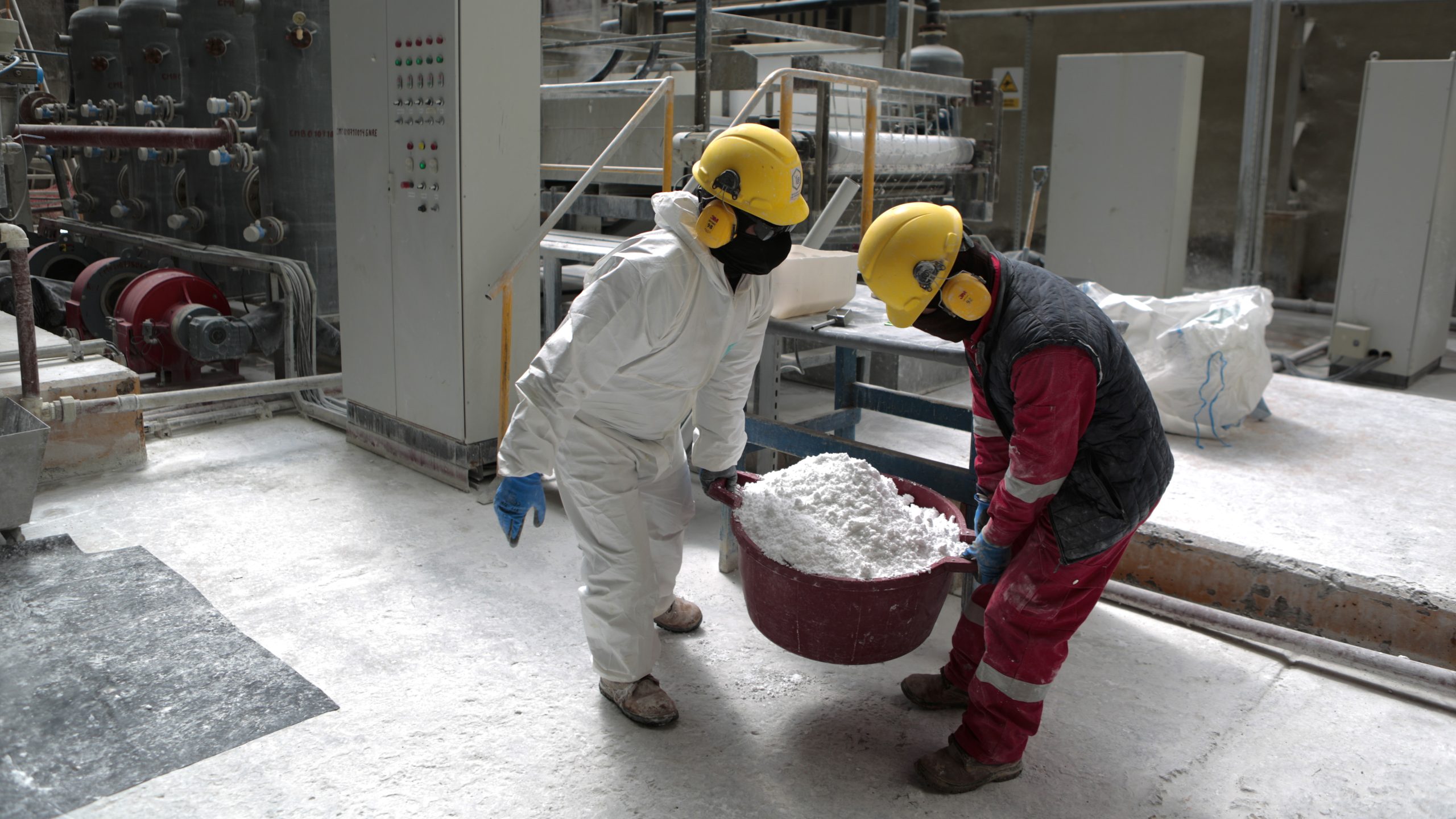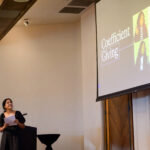Nigeria’s mineral wealth is fast becoming a linchpin of the global energy transition. Among its most promising states is Kaduna, a region which boasts commercially viable deposits of lithium, rare-earth elements (REEs), gold, nickel and more.
These “green minerals” are central to the batteries, electric vehicles, and clean technologies defining the 21st-century economy. Recognising this, Kaduna State has launched a bold new strategy to turn its resource potential into real economic value through a $150 million Green Mining Investment Fund, designed to catalyse exploration and development of critical minerals.
The fund was unveiled on the sidelines of the G20 Summit in Johannesburg, where Kaduna’s government signed a Memorandum of Understanding with the international advisory firm Core International, in collaboration with the Kaduna Mining Development Company (KMDC).
Core International and KMDC will jointly structure the Fund and secure anchor capital, aiming for full operational readiness by the end of the first quarter of 2026.
According to state authorities, this tackles one of Nigeria’s most stubborn mining challenges—the chronic underfunding of early-stage and high-risk exploration. Many mineral assets stall at the “potential” stage because local or international investors shy away from the uncertainty and capital required for drilling, resource definition and initial project preparation.
This risk-tolerant investment approach is catalysing private sector-led growth and shielding projects from risk, with potential benefits for both Kaduna’s economy and global supply chains.
The Fund targets such minerals as lithium and rare earth elements, including gold—which are essential for electric-vehicle batteries, permanent magnets and other technologies powering the net-zero transition.
Its launch marks the completion of the state’s broader State Exploration Acceleration Programme, which includes geological data generation, streamlined regulations and investor support.
Unveiling the Fund during Africa’s first-ever G20 Summit positions Kaduna as an ambitious state with global priorities of securing critical mineral supply chains, decarbonising economies and deepening partnerships between developed and developing economies.
Core International framed this as a “secure bridge” for global capital into Kaduna, underpinned by transparent governance and shared risk.
Additionally, recent exploration by KMDC and partners has uncovered multi-metallic deposits, including an inferred 33 million tonnes of gold and 187 million tonnes of nickel in Gidan Waya, Jema’a LGA of Kaduna. Showing that Kaduna is staking its future on the right path.
Meanwhile, official records show that lithium and rare earths are part of Kaduna’s growing mineral portfolio. National geological surveys and the Nigeria Integrated Mineral Exploration Project (NIMEP) show that Nigeria has confirmed occurrences of lithium, rare earth elements, nickel, copper, molybdenum and other transition-critical minerals.
According to a 2024 KPMG mining-sector brief, Nigeria has roughly 5 million metric tonnes of nickel, with plans on the table for a $5 billion nickel processing factory in Kaduna.
Consequently, this fund is expected to attract billions of dollars in future investment, create thousands of jobs, and boost local value addition. State officials and local investors are also eyeing a future of shared benefit of drilling backed by anchor capital, processing partnerships, and local content that ensures mining translates into real community development.
Addressing longstanding mining troubles
As KMDC puts it, this fund is the mechanism that transitions Kaduna from having potential to realising value.
Kaduna already plans reforestation, environmental monitoring and responsible mining practices. The mining roadmap, being developed with Core International, calls for operations that match global standards of transparency and ecological stewardship.
Amidst all of these, there are things to look out for. Exploration is inherently uncertain. Markets for critical minerals fluctuate. Local infrastructure, community engagement and environmental governance all need continued strengthening.
But Kaduna’s strategy already addresses many of these challenges, as it is offering risk capital, backing it with real geological data, aligning with global energy transitions and building an institutional ecosystem for sustainable, long-term mining.
In doing so, it is arguably redefining what subnational mining can look like in Africa. Rather than chasing quick wins, it is betting on a future where its resources power global clean technology, and its citizens benefit directly from that wealth.
Summary not available at this time.






